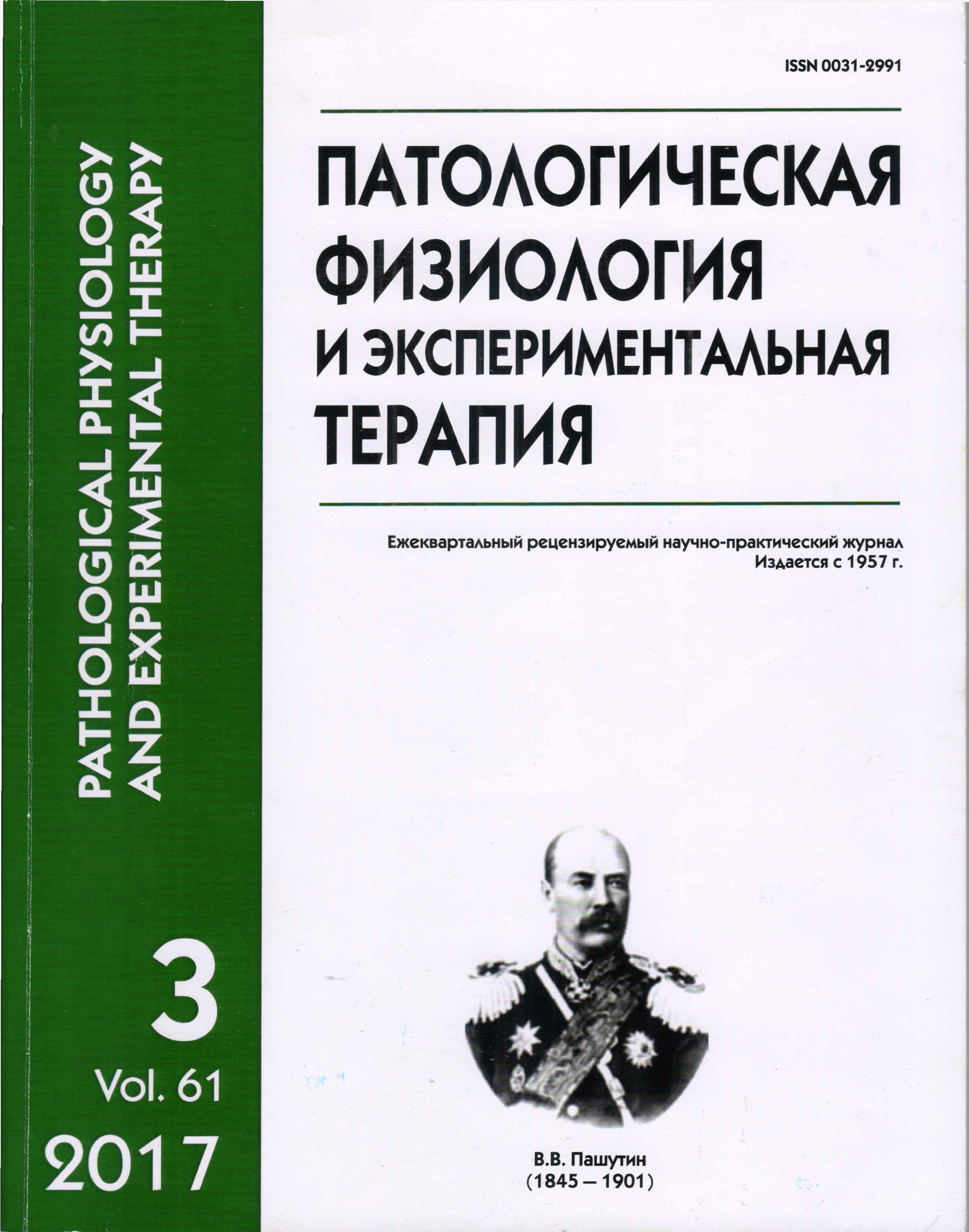Dynamics of nociceptive sensitivity in rats after melatonin treatment under normal conditions and during long-term stress exposure
Abstract
The dynamics of nociceptive sensitivity in rats was studied in various periods after intraperitoneal injection of melatonin (10 mg/kg) under normal conditions and during long-term stress exposure on the model of 24-h immobilization. Administration of melatonin was shown to enhance the perceptual component of nociception, whose degree progressively increased over 8 days of observations. The vocalization threshold of these specimens in response to electrocutaneous stimulation was elevated on days 3-5, which illustrates suppression of the emotional component of nociceptive sensitivity. Stress exposure in animals was accompanied by a decrease in the tail-flick latency during light-heat stimulation. It was observed immediately and 1, 2, and 3 days after termination of the stress procedure. An increase in the vocalization threshold of rats was found immediately after stress. These changes illustrate an enhancement of the perceptual component of nociception (hyperalgesia), but suppression of the emotional evaluation of pain stimulation at the early stage of the post-stress period. Exogenous melatonin did not prevent the development of hyperalgesia after 24-h restraint stress. However, melatonin inhibited the emotional component of nociceptive sensitivity in animals during the late period after long-term stress exposure (days 4 and 7). We conclude that the use of melatonin for correction of changes in nociceptive sensitivity due to negative emotiogenic factors should be performed taking into account the stage of the post-stress period and necessity to affect the perceptual or emotional component of nociception.






